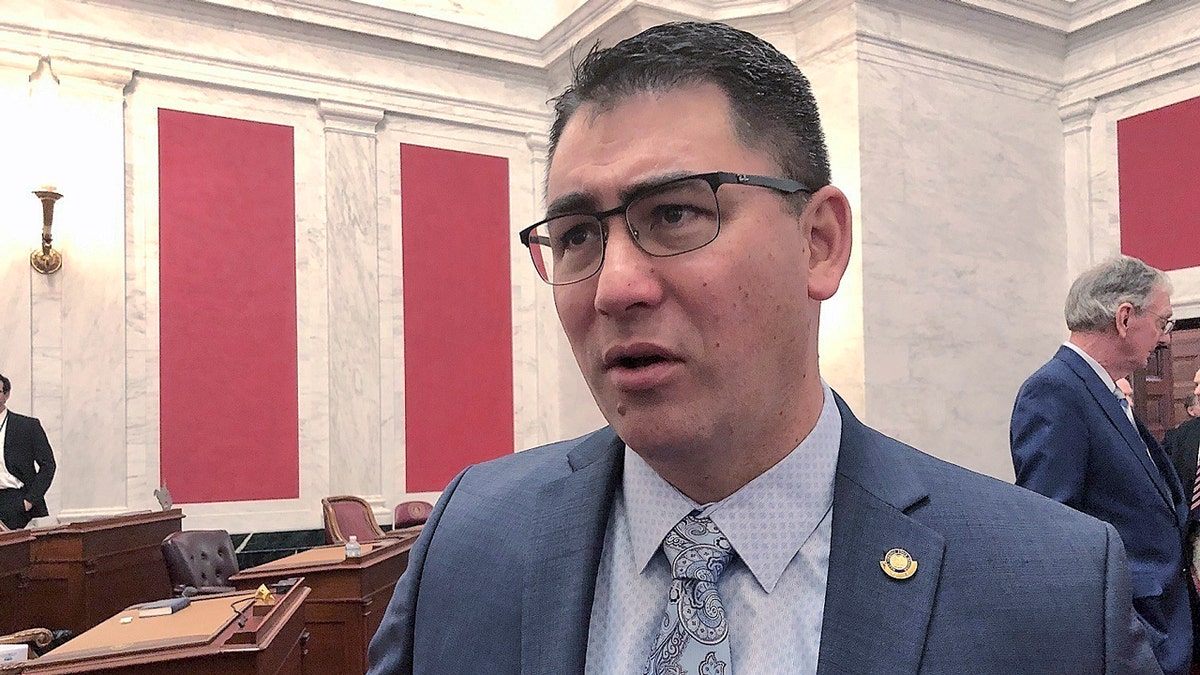Fox News Flash top headlines for February 12
Fox News Flash top headlines are here. Check out what's clicking on Foxnews.com.
- The West Virginia state Senate passed a bill Monday banning smoking or possessing lit tobacco products inside vehicles where individuals under 16 are present.
- If enacted, the proposal would make doing so a misdemeanor punishable by a fine of up to $25 — however, it would only be able to be penalized as a secondary offense.
- The bill, which cleared the state Senate in a 25-8 vote, now heads to the House of Delegates, where its fate is unclear.
Smoking in cars with children is banned in 11 states, and lawmakers are pushing to join them in West Virginia, where more adults use cigarettes than anywhere else in the nation, according to the Centers for Disease Control and Prevention.
The state Senate on Monday passed a bill calling for fines for anyone caught smoking or possessing a lit tobacco product in a vehicle when someone age 16 or under is present. The bill passed on 25-8 vote and now goes to the House of Delegates, where similar legislation has failed and it faces an uncertain future.
Senate Majority Leader Tom Takubo, a doctor-turned-lawmaker, made a promise long ago to a patient whose father was a heavy smoker that he would try to ban smoking in vehicles carrying children in West Virginia. Takubo has made it almost an annual effort since 2017 to introduce the legislation, but it didn't gain traction.

West Virginia Senate Majority Leader Tom Takubo, a Republican, is seen at the state Capitol in Charleston, West Virginia, on Wednesday, Jan. 8, 2020. (AP Photo/John Raby, File)
The Kanawha County Republican and lung doctor said the inspiration for the bill was a patient who was not a smoker but lost half of her lung function. When her father smoked, "she had to climb down to the bottom of the car and put her head underneath the seat," Takubo said.
Violators would face a misdemeanor subject to a maximum fine of $25. But it would be a secondary offense: smoking with children present cannot be the main reason a driver is pulled over.
Sen. Mike Azinger, a Wood County Republican, said the state has no right to infringe on parents' freedoms.
CLICK HERE TO GET THE FOX NEWS APP
"The arguments for the bill are essentially emotional arguments," Azinger said. "This is a cut at the fundamental rights of parents making a decision over their children in their vehicle. This is a state going where it has no business going."














































